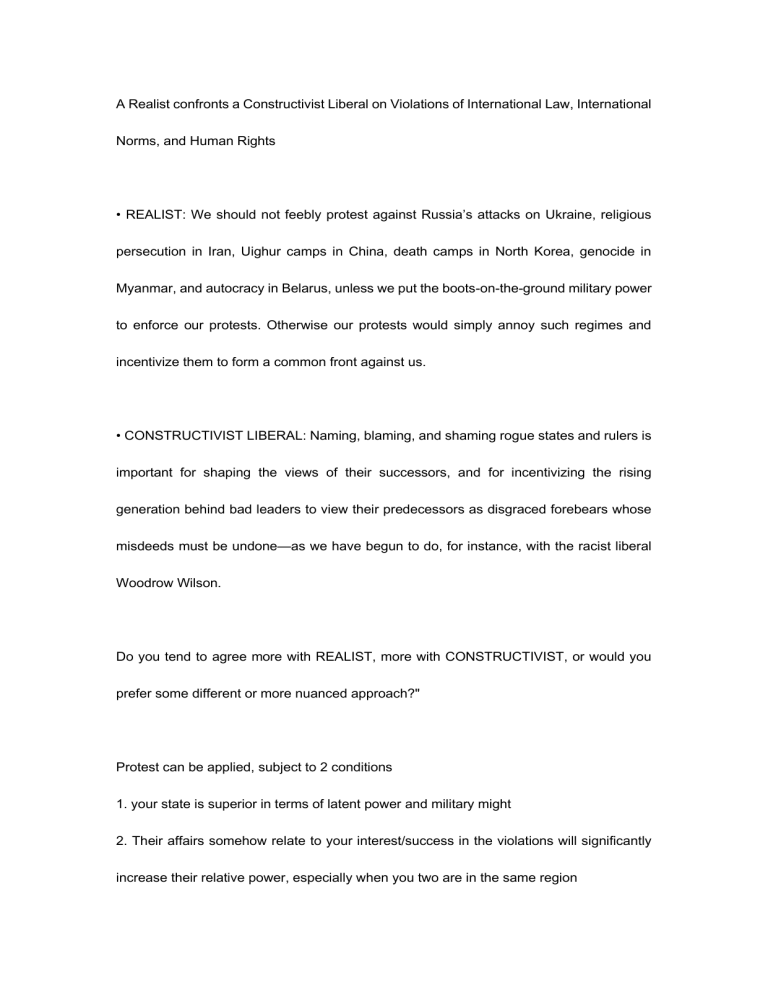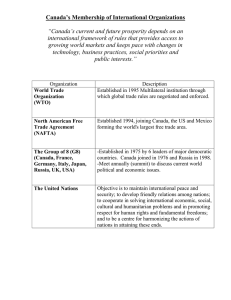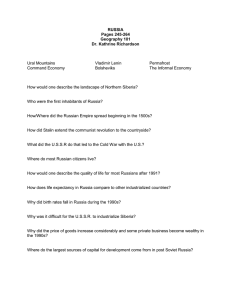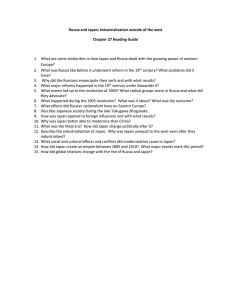Politics essay: Do you tend to agree more with REALIST or with CONSTRUCTIVIST
advertisement

A Realist confronts a Constructivist Liberal on Violations of International Law, International Norms, and Human Rights • REALIST: We should not feebly protest against Russia’s attacks on Ukraine, religious persecution in Iran, Uighur camps in China, death camps in North Korea, genocide in Myanmar, and autocracy in Belarus, unless we put the boots-on-the-ground military power to enforce our protests. Otherwise our protests would simply annoy such regimes and incentivize them to form a common front against us. • CONSTRUCTIVIST LIBERAL: Naming, blaming, and shaming rogue states and rulers is important for shaping the views of their successors, and for incentivizing the rising generation behind bad leaders to view their predecessors as disgraced forebears whose misdeeds must be undone—as we have begun to do, for instance, with the racist liberal Woodrow Wilson. Do you tend to agree more with REALIST, more with CONSTRUCTIVIST, or would you prefer some different or more nuanced approach?" Protest can be applied, subject to 2 conditions 1. your state is superior in terms of latent power and military might 2. Their affairs somehow relate to your interest/success in the violations will significantly increase their relative power, especially when you two are in the same region Instead of standing on either side, I believe that protest, though applicative in dealing with other states’ violations of international laws, norms, and human rights, is only effective under the right conditions that take into consideration the nation’s own power and interests. First, the protester should be superior in terms of latent power and military might. It must be held in mind that it’s every stateman’s responsibility to put in the first place his/her people’s interests, and affairs of other nations are, at best, secondary. Thus, it’s reasonable, or essential, that every nation must have sufficient power, in economy and military, to protect its own people before it steps into other nations’ affairs. A nation should also beware that there is chance, no matter big or small, that even the feeblest protest could arouse serious conflicts and, in the worst case, wars. Only nations that are militarily and economically superior can afford the possibility of launching and enduring a war or even beating the enemy if things turn from a war of words to a war of armies. In addition, it’s always a rule that power speaks; in this sense, only superpowers can be effective protesters due to their deterrent impacts on foreign affairs. For example, when it comes to Russia claiming war on Ukraine, it is certainly not wise for Azerbaijan to take a stance on either side or to blame Russia for casting people into such a misery. Azerbaijan is prodigiously dwarfed besides Russia: its population accounts for only 7% of that of Russia, and its GDP, merely 2.5%. Be a protester against Russia, Azerbaijan can provide little help, while it may irritate Russia to impose economic sanctions or send troops and gets into a national state of emergency (As Putin has claimed, Russia will immediately react to any outside force that tries to interfere in Russia’s actions). The second condition would be that the state’s affairs somehow interfere with another state’s particular interests, or its success in the affair will result in significant increase in its relative power as opposed to another one’s, especially when the two states are in the same geographic region. Supposed that states all seek to maximize their power under today’s competitive international environment, there is no reason for any nation to be a nosy parker on international affairs if the violation does not entail its interest. First of all, there is no ruler of international order , neither a night watchman that watches over other states. To some extent, no state is endowed with the right to step into others’ cases (though it depends on the situation, according to international law). Secondly, most clauses of international laws are not compulsory, so very often it’s solely based on humanitarian grounds to choose to involve in the chaos. It’s highly hypocritical for a nation to meddle, in name of democracy or humanitarianism, in foreign matters that don’t hinder its interests because its people will be embroiled and relations with that foreign country will deteriorate, which seems a completely unprofitable business to me. One condition to justify such involvement is that inhumane actions of a neighboring country will do damage to others’ interests. For example, it seems reasonable that China protests against conflicts between Vietnam, Laos, and Cambodia: atrocities in neighboring countries have inevitably disturbed China’s borderers throughout the history, such as villainy of Japanese pirates in Ming Dynasty. In this case, protests like blaming or, in extreme cases, declaring a war are legitimate and necessary to protect its own people and interests.




